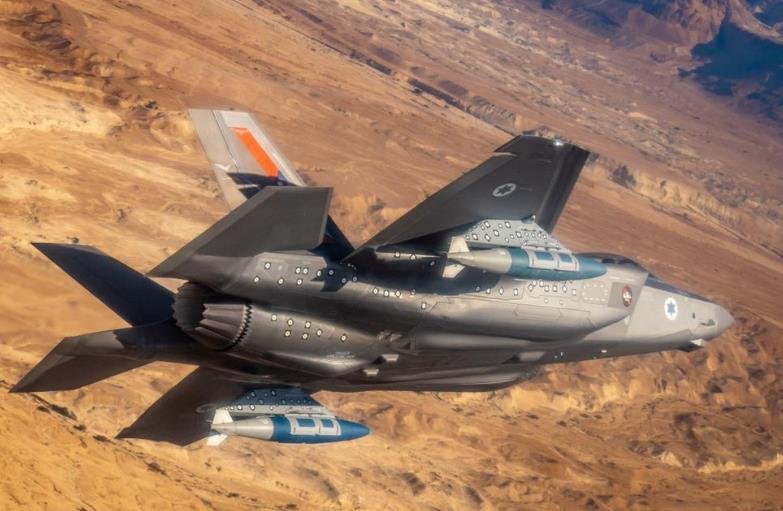In a significant development, the United States has approved a substantial military package for Israel, reinforcing the long-standing alliance between the two nations. This move comes amidst heightened tensions in the Middle East and underscores the strategic partnership that underpins regional security dynamics.
The recent authorization by the United States encompasses a formidable array of military hardware destined for Israel. The package includes over 2,000 bombs and 25 state-of-the-art F-35 fighter jets. This decision aligns with the US’s commitment to ensuring Israel’s qualitative military edge in the region.

The transfer includes 1,800 MK-84 2,000-pound bombs and 500 MK-82 500-pound bombs, which are expected to enhance Israel’s operational capabilities. The inclusion of 25 F-35s, a stealth multirole combat aircraft, represents a significant upgrade to Israel’s air force, bringing the total number of F-35s in their fleet to 75.
Strategic Implications and Responses
The approval of this military package has elicited a variety of responses, reflecting the complex geopolitical landscape. While it reaffirms the US’s unwavering support for Israel’s right to defend itself, it also raises questions about the timing and implications of such a transfer amid ongoing regional conflicts.
The move has been met with criticism from some quarters, who argue that it could exacerbate existing tensions. However, supporters contend that bolstering Israel’s defense capabilities is crucial for maintaining stability and deterring potential threats.
Balancing Act: Aid Amidst Diplomatic Strains
The US’s decision to proceed with the arms transfer indicates a nuanced approach to its relationship with Israel. Despite recent diplomatic strains and differing perspectives on conflict management, the provision of military aid underscores a complex but enduring alliance.
This development also highlights the Biden administration’s balancing act between supporting a key ally and addressing broader concerns about peace and security in the region. The strategic calculus involved in such decisions reflects the intricate web of alliances, interests, and values that shape US foreign policy.
